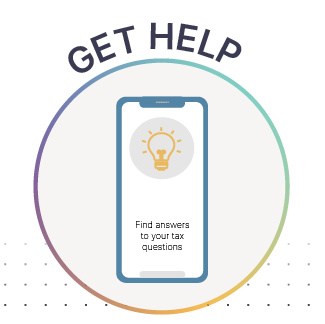If the IRS has contacted you about an error, it’s important for you to respond quickly. If you delay in responding promptly and correct errors or provide information, it can lead to:
- Additional tax;
- Possible penalties and interest;
- A different refund amount than expected; or
- No refund at all.
If your refund is lost or stolen, it may take additional time to resolve. If you believe your refund was lost or stolen, the IRS needs time to verify what happened to it before issuing a replacement refund check. It’s extremely important to contact the IRS right away.
If you receive a refund you’re not entitled to, or an amount that is more than you expected, do not cash the check or spend the direct deposit refund until you receive a notice explaining the difference, then follow the instructions on the notice. If you cash the check or spend the refund and are ultimately not due that amount, you’ll have to repay it with interest.






